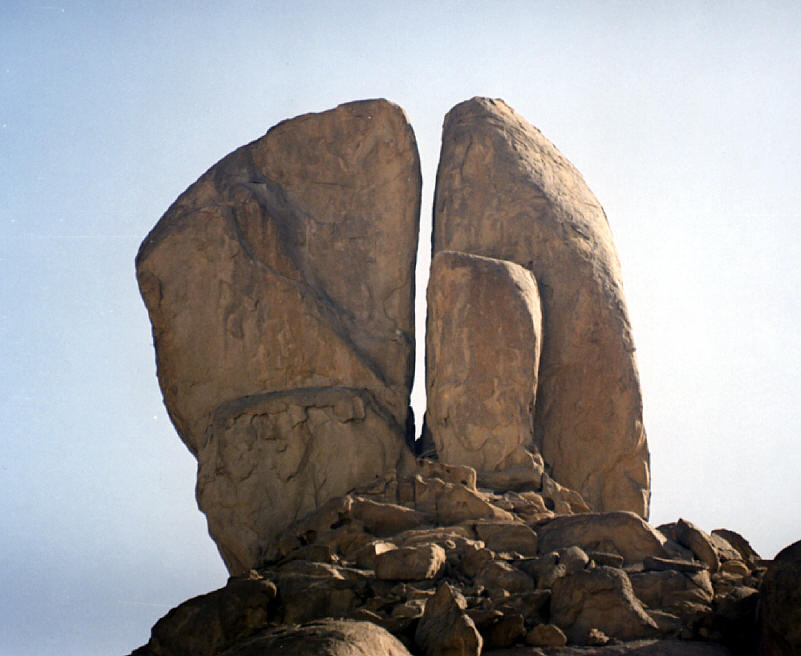rako
New member
Hello, Elohiym!Yes, people can have hallucinations, but you are claiming that a mass of people shared a collective mental vision and then mistook the vision for reality, then taught their children a hallucination was real, then their children also had these mass hallucinations. As a result of these alleged mass hallucination occurring, which are improbable, a nation adopted extremely burdensome laws. They necessarily created genealogies that are simply fabrications at some point in the lineage. Isn't that what you believe?
At what point do you believe the Jews started fabricating the genealogies, and why would their descendants go along with such an outrageous revision of their history?
It would be interesting to see you explain just how they pulled off the Red Sea con. Mass hallucination couldn't even begin to explain that one. You have to claim it was a story made up in retrospect by one generation, and their elders didn't object to the revision of their family trees and history.
In my last email to you, I said that the 500 could be just having a mental vision like the Marian apparitions today, which many mainstream Christians don't believe in.
I was not talking about the Old Testament extreme miracles like God being in fire on Mount Sinai or the parting of the Red Sea. The truth is, the very ancient Old Testament legends, especially things like Noah's flood, are even harder to believe in than Jesus' resurrection. It's like talking about King Arthur or leprechauns with gold at the end of a rainbow or Santa Claus or fairies. I didn't even believe in them when I was 12 and got confirmed Protestant. The early Church fathers did not have a consensus that they were literally true either (but some church fathers believed in huge dragons).
In the story of Noah's Ark, pairs of all the world's animal species, from elephants to South American llamas walked onto the ark, and after forty days or so of God drowning the earth and killing everything else on it in about 5000-2000 BC, all the world was repopulated in a few thousand years. To accept this, one's view of reality is basically like a dream, where physics and geology are almost meaningless.
A host of questions arises:
- How and why did the animals from South America get to and on the ark? Did Noah go to collect them, or did the animals walk all the way from there to the ark because they wanted to?
- How was there enough space on the ark to fit all the animals? There are hundreds of thousands of animal species. That leaves only a few centimeters per animal.
- How was there enough fresh water and food fit on board to feed the animals? A single elephant eats a huge amount of food in one single day.
- How did the birds that are not able to swim or fly get to the islands in the south Pacific in ONLY a few thousand years?
- Did the mammals walk or swim to Australia in only a few thousand years?
- How did the trees survive? Seeds of the world's plant typically species drown after soaking for a few days. I suppose as per Noah's flood story, the plants' seeds had a special ability to survive drowning that they have since lost?
If Old Testament extreme miracle legends are being treated as real physical events and used as evidence of the resurrection, the conversation is already over. It's like using the Hindu stories of Hindu gods and their battles to prove that modern Hindu gurus work real miracles, as their witnesses claim.
Last edited:







